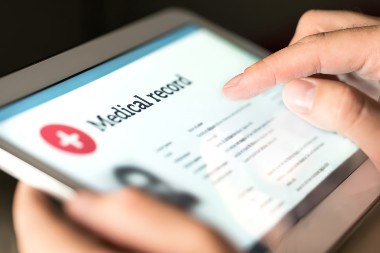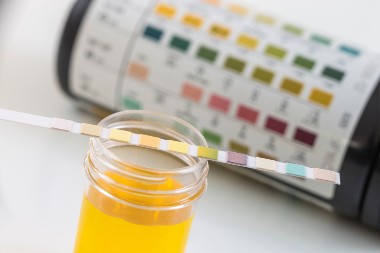Accuracy among healthcare artificial intelligence (AI) tools has grown exponentially in a short amount of time, and the place for these tools in urgent care might be that much more evident now. Research published in the Annals of Internal Medicine recently concluded that AI has the ability to match and to outperform physicians delivering virtual urgent care. In fact, AI agreed with doctors’ diagnosis and management recommendations 56.8% of the time among the 461 virtual …
Read More








